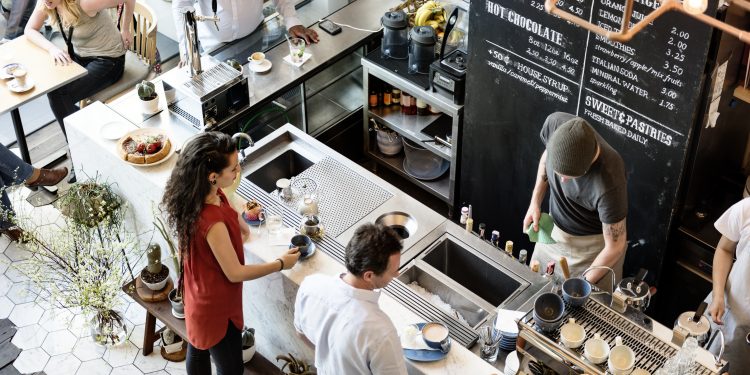Add Starbucks to the list of QSRs/Fast Casual shops using artificial intelligence systems to expand customized ordering for its customers. Starbucks is arguably the leader in mobile app engagement with its coffee aficionados, so it’s no surprise that they are teaming with Microsoft to use AI to fine tune menu offerings based on factors such as customer purchase behavior, weather, and seasonal demand.
They’re not alone in using AI algorithms to jolt sales, as McDonald’s is testing one for its drive-thru customers. Mobile apps can suggest added items for customers to order which result in higher ticket sales. Another way is to push mobile app messages to offer specials at off-peak times of day when store traffic is lower. Consumers usually take to receiving personalized offerings that keep them coming back for more.
A Motley Fool article, excerpted below, covers the the topic further:
Over its several decades of existence, Starbucks has turned the concept of the corner coffee shop on its head, spearheading and dominating a new coffeehouse industry. It’s done this with the clear objective of using all available innovations to push boundaries outward, and it’s using artificial intelligence to break open new channels in sales.
Starbucks is partnering with Microsoft in using data to heighten customer experience. Starbucks chief technology officer Gerri Martin-Flickinger said: “As an engineering and technology organization, one of the areas we are incredibly excited to be pursuing is using data to continuously improve the experience for our customers and partners.”
How does this all work? When customers use the mobile app, the company collects data about their preferences. Combining this with knowledge of Starbucks shops in the area, local popular drinks, the weather, and other factors, it can offer recommendations for both products and pairings.
While this has already gone into effect for mobile, the Starbucks team is also testing it out with its drive-thru service. Since drive-thru doesn’t use the mobile app, the system uses factors other than personal customer choices to make recommendations that show up on a digital menu.
Overview by Raymond Pucci, Director, Merchant Services at Mercator Advisory Group








